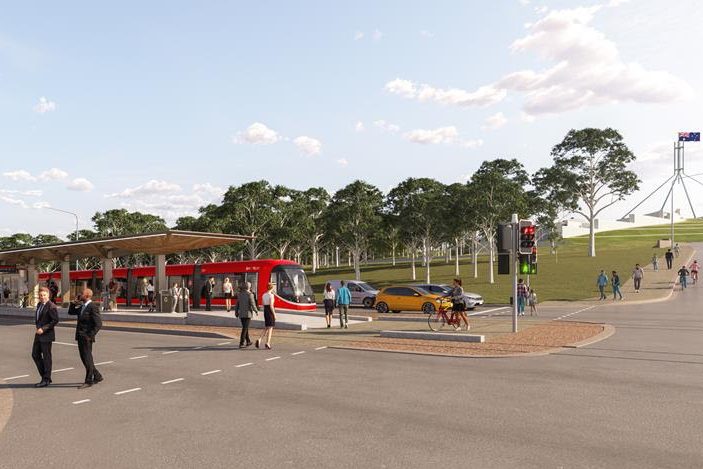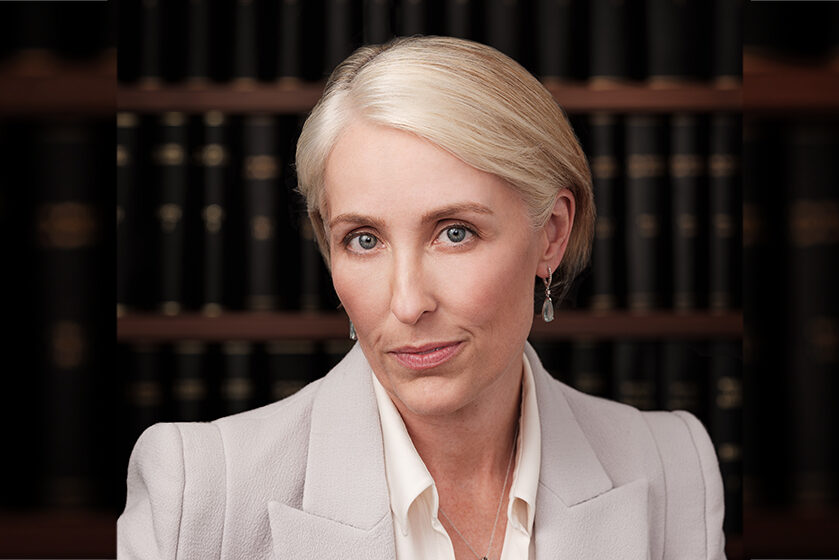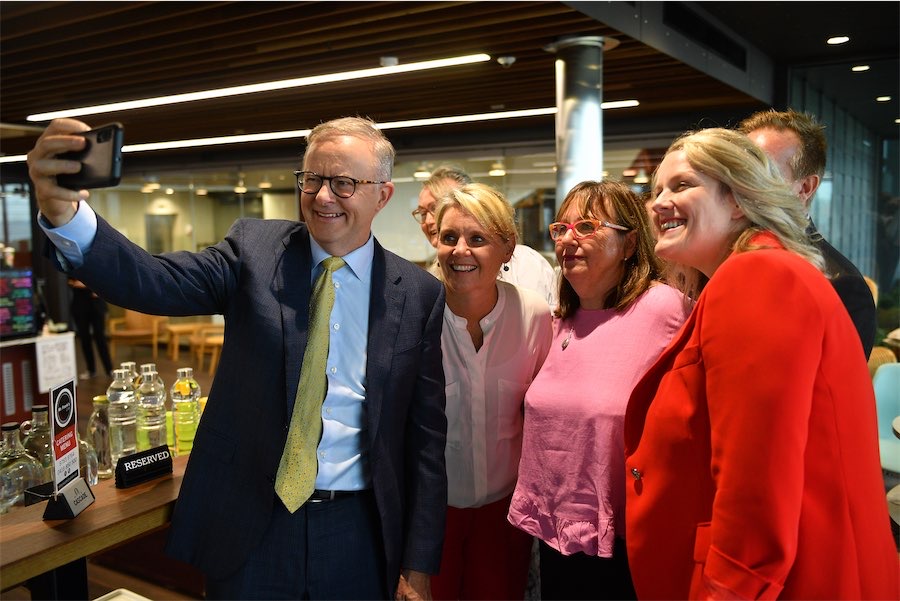THE arrogance grows. Pushing on with largely unfettered development, the ACT government is now using questionable polling methods in an attempt to turn Canberra into an inner-city Melbourne or Sydney.

Using statistically sound methods of assessing genuine opinions is good government and good politics. Using push-polling to justify unpopular decisions that have already been taken is another story.
Even before the commencement of self-government in the ACT, development issues have invariably been the stuff of political debate and community consternation. With an additional 2000+ new apartments being built in Civic over the next few years by Geocon and the Morris Property Group, Canberrans have a right to question the government’s strategy.
However, it is not just the explosion of apartments in Civic. It is the surrounding suburbs and the extraordinary increase in new apartments well away from workplaces such as in the suburb of Wright that are matters for concern. What sort of a Canberra do Canberrans really want for their children and grandchildren?
When Planning Minister Mick Gentleman launched the “Planning Strategy Refresh” he claimed to “open a conversation with the community about how planning will work for our city over the coming years”.
The “Refresh” includes a “Speaker Series” for which community members may register. It also includes the opportunity to “indicate whether you agree or disagree with some of the common themes and sentiments”.
Planning issues in Canberra are complex and ought not to be subjected to black and white answers. Simplistic “agree” or “disagree” approaches will lead to simplistic solutions. Responses by thumbs up and thumbs down indicators may have a place in surveys. However, a conversation with the Canberra community by the Planning Minister can hardly be genuine when complex questions are simplified to “yes” and “no” answers.
Asking the community to provide an understanding of long-term changes to revitalisation or rebuilding of our city should be a serious exercise seeking thoughtful responses. Attempting to present a black and white answer for support of “urban renewal and increased density around major centres and transport corridors” screams “it depends”. Not “thumbs up” or “thumbs down”.
The concern is that an arrogant government is using a façade of community consultation to seek support for policies that have already been determined.
Development along the transport corridor from Gungahlin to Civic needs community support for the light rail to be successful. At least the government tested the issue of the light rail at the last election and has the mandate to proceed. However, the extent of development, urban infill, the height of buildings, the canyon-like characteristics of the corridor are all issues that go to the heart of Canberra’s planning.
Twenty-storey-plus towers are not a necessary feature of modern planning. The cities of London and Paris are some of the great cities of the world. They pride themselves on height restrictions and a sense of space. Intensity of urban infill and style of development are much more important questions than approval or not of increased urban density.
The other question is about the slums and ghettos of the future. The leasehold system provides opportunities that are not available in most other cities and ought to be deployed as a key element of the planning of Canberra. A broad strategy of genuine listening is the key if the government really wishes to “embark on an engagement that checks in with the community and sees that we are getting things right”.
Planning has a wide impact on lives. Any development strategy should consider, for example, childhood obesity and lack of community fitness as a serious issue. This raises questions about public transport, housing and local suburban design. It should question if opportunities for backyard play and childhood exercise are being undermined by urban infill. Such questions can hardly be considered in a nuanced manner with a series of lectures followed by a “thumbs up” or “thumbs down” response.
Michael Moore is a former member of the ACT Legislative Assembly and an independent minister for health in the Carnell government. He has been a political columnist with “CityNews” since 2006.
“The Planning Strategy Refresh” is at yoursay.act.gov.au
Who can be trusted?
In a world of spin and confusion, there’s never been a more important time to support independent journalism in Canberra.
If you trust our work online and want to enforce the power of independent voices, I invite you to make a small contribution.
Every dollar of support is invested back into our journalism to help keep citynews.com.au strong and free.
Thank you,
Ian Meikle, editor





Leave a Reply